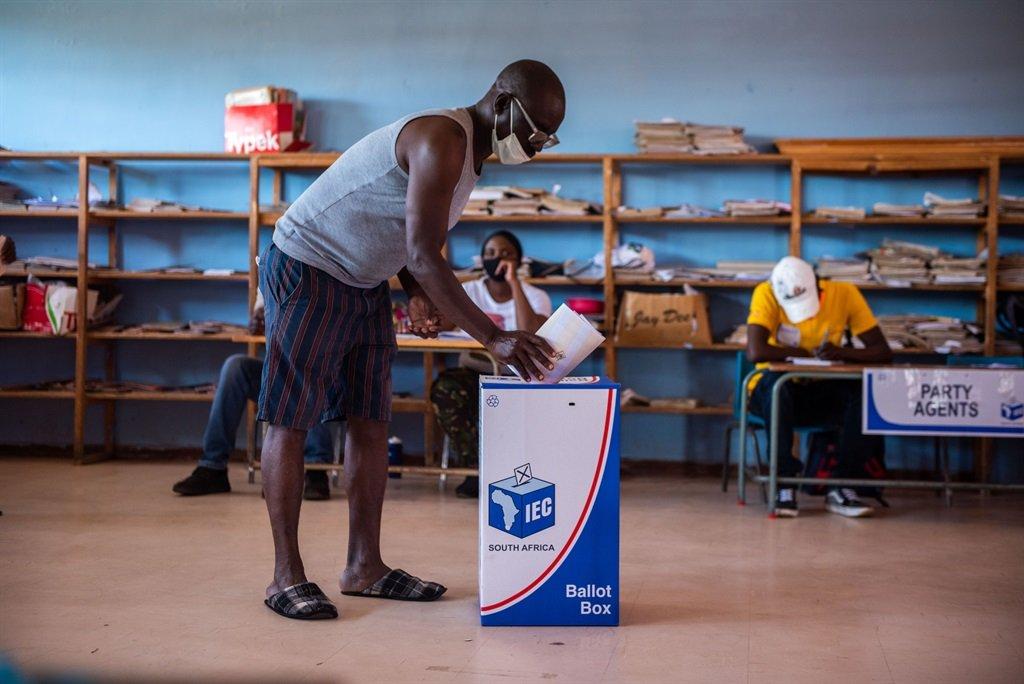Africa-Press – South-Africa. Parliament’s Portfolio Committee on Home Affairs has made several crucial decisions on how independent candidates would participate in general elections.
On Tuesday, the committee continued its work in considering the Electoral Amendment Bill.
According to a statement from committee chairperson Mosa Chabane, it was satisfied with its work and had arrived at a balance between fairness for political parties and independent candidates.
“On definitions, the committee decided that the definitions in the draft bill of province and region should be retained.
“The committee also decided that independent candidates must have representation in liaison committees, which are a critical component of electoral work.
“The committee also agrees that these committees be called political liaison committees to ensure that the existing literature continues to be used,” the statement read.
Electoral Amendment Bill: After minister’s ‘delay’, Parliament ‘should have done more’ – ConCourt
In respect of prescribed minimum requirements for candidates to participate, the committee decided an independent candidate must provide at least 50% of the quota for a seat in the previous equivalent election.
There was also an agreement the bill must include an electronic verification requirement to enable the Electoral Commission of South Africa (IEC) to verify submitted signatures.
Candidates would also have to pay an election deposit which would be determined by the IEC.
There were also arguments in respect of constitutional questions on the requirement of a cooling off period for independent candidates.
“The committee has decided to maintain within the bill the requirement for a three-month cooling off period for members of a political party before they stand as an independent candidate.
“Regarding the clause on seat allocation, a decision was taken that the bill should remain with 200 compensatory seats and 200 regional seats, as proposed by the original bill. This allocation of seats will be achieved through a single-round Droop quota system,” Chabane said.
Furthermore, there was consensus in the event of a vacancy in a seat allocated to an independent in the legislature, that seat should be filled by the next highest available independent candidate or political party.
Why Parliament missed ConCourt’s initial deadline on Electoral Amendment Bill
Meanwhile, the committee decided to defer a decision on independent candidates participating in one or many regions to its next meeting.
This was done to enable lawmakers to consider advice presented to the committee, especially as it relates to ranking of regions of preference.
“As a result of the decisions, the committee has mandated the legal teams to commence with drafting the A-list Bill, including the committee’s decisions for consideration in the next meeting,” Chabane said.
For More News And Analysis About South-Africa Follow Africa-Press






